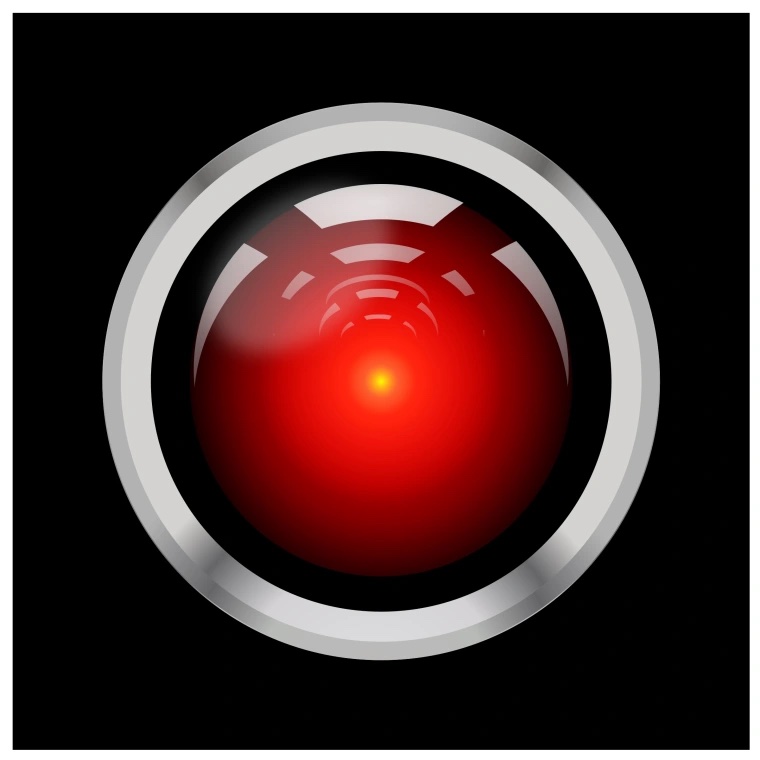Tag: Kubrick
-
The Success of AI
In “Scientists Increasingly Can’t Explain How AI Works,” Chloe Xiang explores Artificial Intelligence (AI) models and their failed ability to explain biased outputs. These processes are deemed opaque as the model itself is a black box. As Xiang explains, it yields an output in which scientists generally accept because it tends to be what “they…
-
Week Three Viewer Blog
As a visionary, Kubrick brings out unbridled, often dystopian, fictions of society onto the cinematic screen, as exemplified by A Clockwork Orange (1971) and Eyes Wide Shut (1999). As a pragmatist, he obsesses over the details of his films down to seconds and pixels, frequently at the sacrifice of his colleagues. Guided by his passionate…
-
Week 3 Viewer Post
It is so hard to collect my thoughts after watching the film 2001: A Space Odyssey, especially when I realize that the whole experience of knowing the director, understanding its important position in cinematic history, putting it on my “watch list” for 5 five years (I first marked the film in 2019), and finally seeing…
-
Week 3 Reader Blog
Chloe Xiang, “Scientists Increasingly Can’t Explain How AI Works” The article points out an interesting argument that most AI systems are black-box models, which means they are “viewed only in terms of their inputs and outputs”. The problem with it is that “AI systems notoriously have issues because the data they are trained on are…
-
Where are the Women?
Stanley Kubrick’s 2001: A Space Odyssey (1968) provides plenty of slower moments that force a viewer to reflect. One major question I had on my mind was, Where are the women? The few women in the story barely have any screen time or lines, and are minimal in the grand scheme of the film. In…
-
Week 3 Reader Blog
In her Bodies in Space: Film as Carnal Knowledge essay, Michelson poses that Stanley Kubrick’s 2001: A Space Odyssey places the viewer in a state of reflexive suspense. She argues that by undermining our “operational reality”, both through literal suspension in outer space, as well as through the constant thematic and plot-driven subversion of expectations,…
